#scotts expedition
Explore tagged Tumblr posts
Text
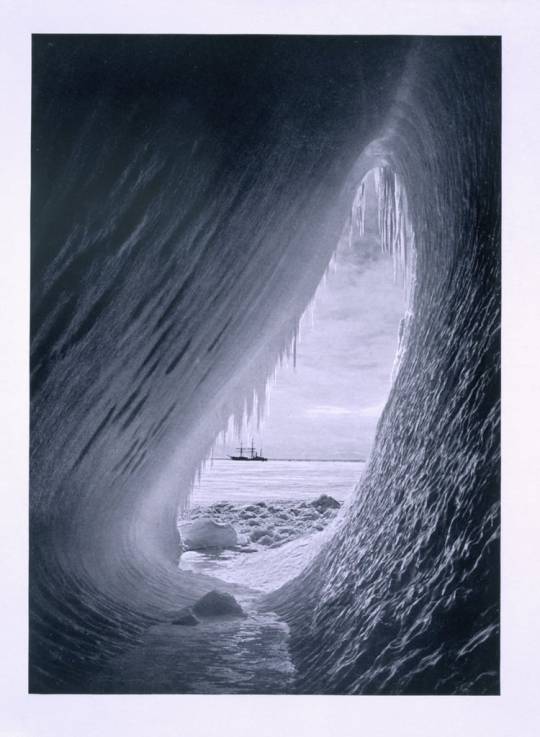
Terra Nova' in the ice. from 'Scott's Last Expedition', by Herbert Ponting, 1910
470 notes
·
View notes
Text
there’s a certain descent into madness one takes after watching the terror. one minute you’re watching the show with mild interest and the next minute you’re hand painting Robert Scott’s sledging flag to put on your wall
#the terror#terra nova expedition#robert falcon scott#I’m literally considering which of ponting’s photos to hang up also#helpppp#the madness#the madnesssss#apsley cherry garrard#antarctica#polar exploration
501 notes
·
View notes
Text
so weird reading about polar explorers who returned from their expeditions and had a long life and successful career afterwards… don’t you know you were supposed to die tragically?
#looking at you fridtjof nansen. you’re meant to keep returning to the arctic until you die there not have a successful political career!#henry hudson + the franklin expedition + robert falcon scott’s expedition are the blueprint#the terror#<- the terror has conditioned me… the arctic must always win
300 notes
·
View notes
Text

Wise words, this is exactly what historical research should be! Wholeheartedly agree.
80 notes
·
View notes
Text
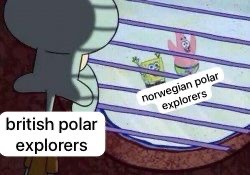
i just made this and it already looks fried
#age of exploration#polar expedition#polar explorers#polar exploration#fridtjof nansen#nansen#roald amundsen#amundsen#robert falcon scott#robert f scott#ernest shackleton#john franklin#my posts
430 notes
·
View notes
Text
england crawling half-dead from exposure on his hands and knees across antarctica in 1912, but god dammit he's going to be the first nation to reach the south pole, only to find norway just sitting casually on a box sipping on some frozen tea right in the dead center of the geographic pole send tweet
#aph england#aph norway#aph britain#hetalia#hws england#hws norway#hws britain#i'm back in my polar exploration mood. again#mr scott reached the south pole just 33 days after mr amundsen snatched up all the glory#and then scott's entire expedition team DIED lmao. i love polar exploration so much#mic check
80 notes
·
View notes
Text


thinking about some guys in the Arctic (+ one guy in the Antarctic)
#Scott’s upside down but somehow I feel that’s appropriate lol#anyway thinking about a mandible found around erebus bay#James fitzjames#Francis crozier#sir John Franklin#Robert falcon Scott#polar exploration#the Franklin expedition#the terror#my art#fanart#minsart#oh hey she’s drawing in that sketchbook she owns
108 notes
·
View notes
Text

















A while back I bought this on Ebay. It's an album made by someone (I'm imagining a boy scout but given its appeal here it may have been a middle-aged woman) with some pretty fragile original press clippings and handwritten notes. I got it laminated so it didn't fall apart any further.
"Every possible thing was provided man could want, so it was nothing to do with food that killed them. after reaching the Pole they retraced their steps. after crossing the glacier, Petty Officer Evans died of concussion of the brain, through walking over rough ice. He was the strong man of the Party and the least expected to succumb. It left them a shaken party.
After journeying on through the average of 47° of frost they reached eleven miles from the one ton depot when a fearful blizzard began. Captain Oates, who had been ill & bearing suffering without grumbling, thought he was keeping back the party & said “I am going out in the blizzard & I may be gone a long time”. They new he was walking to his death, but knew it was the act of a British hero and an English gentleman. His body was never found. They had food enough for two days and only eleven miles more to go, all would have gone well, had not the blizzard detained them. The knew their end was near so this is a brief discription of what Cap. Scott wrote. He said he hoped people would help the relations etc. of people who died. They had taken risks and new it, but did it to show Englishmen could undergo hardships.
Relief parties were sent out and found dead bodies & Cap Scott’s letter."
#terra nova#scott's antarctic expedition#polar exploration#So so sad#partial accuracy#Poor birdie's mother described as his widow :(#Amundsen now's not the time dude
71 notes
·
View notes
Text
fuck marry kill: scott wilson shackleton
36 notes
·
View notes
Text
The Millennials' Polar Expedition
A year ago today (23 Nov 2022), I launched Worst Journey Vol.1 at the Scott Polar Research Institute. This is the text of the speech I gave to the lovely people who turned up to celebrate.
As many of you know, my interest in the Terra Nova Expedition was sparked by Radio 4’s dramatisation of The Worst Journey in the World, now 14 years ago. The story is an incredible story, and it got its claws into me, but what kept me coming back again and again were the people. I couldn’t believe anyone so wonderful had ever really existed. So when I finally succumbed to obsession and started reading all the books, it was the expedition members’ own words which I most cherished. These were not always easy to come by, though, so plenty of popular histories were consumed as well. Reading both in tandem, it soon became clear that, while there were some good books out there, there was a lot of sloppy research in the polar echo chamber as well.
I also discovered that no adaptation had attempted to get across the full scope of the expedition. There has never been a full and fair dramatic retelling, all having been limited by time, budget, or ideology from telling the whole story truthfully. I was determined that my adaptation would be both complete and accurate, and be as accountable as possible to those precious primary documents and the people who wrote them.
So the years of research began. I moved to Cambridge to be able to drop in at SPRI and make the most of the archives. Getting to Antarctica seemed impossible, but I went to New Zealand to get at least that much right, and on the way back stayed with relatives in Alberta, the most Antarctic place I could realistically visit. I gathered reference for objects wherever I could. Because Vol.1 takes place mainly on the Terra Nova, which is now a patch of sludge on the seabed off Greenland, I cobbled together a Franken-Nova in my mind, between the Discovery up in Dundee and the Star of India in San Diego. I spent a week on a Jubilee Sailing Trust ship in order to depict tall-ship sailing correctly. I’m sure I’ve still got loads of things wrong, but I did all I could, to get as much as I could, right.
But still, everyone I met who had been to Antarctica said, “you can’t understand Antarctica until you’ve been there, and you can’t tell the story without understanding Antarctica; you have to go.” So I applied to the USAP’s Antarctic Artists and Writers Program, with faint hope, as they do “Ahrt” and I draw cartoons. But I must have blagged a good grant proposal, because a year after applying, I was stepping out of a C-17 onto the Ross Ice Shelf. The whole trip would have been worth it just to stand there, turn in a circle, and see how all the familiar photographs fit together. But the USAP’s generosity didn’t stop there, and in the next month I saw Hut Point, Arrival Heights, the Beardmore Glacier (including the moraine on which the Polar Party stopped to “geologise”), and Cape Crozier, and made three visits to the Cape Evans hut. Three! On top of the visual reference I got priceless qualitative data. The hardness of the sound. The surprising warmth of the sun. The sugary texture of the snow. The keen edge on a slight breeze. The way your fingertips and toes can start to go when the rest of you is perfectly warm. The SHEER INSANITY of Cape Crozier. The veterans were right – I couldn’t have drawn it without having been there, but now I have, and can, and I am more grateful than I can ever adequately express. With all these resources laid so copiously at my feet, all I had to do was sit down and draw the darn thing. Luckily I have some very sound training to back me up on that.
Now, this is all very well for the how of making the book, and, I hope, interesting enough. But why? Why am I putting so much effort into telling this story, and why now?
Well, it means a lot to me personally. To begin to understand why, you need to know that I grew up in the 80s and 90s, at the height of individualist, goal-oriented, success-driven, dog-eat-dog, devil-take-the-hindmost neoliberalism. It was just assumed that humans, when you get right down to it, were basically self-interested jerks, and I saw plenty of them around so I had no reason to question this assumption. The idea was that if you did everything right, and worked really hard, you could retire at 45 to a yacht in the Bahamas, and if you didn’t retire to a yacht, well, you just hadn’t tried hard enough. Character, in the sense of rigorous personal virtue, was for schmucks. What mattered was success. Even as my politics evolved, I still took it as a given that this was how the world worked, and that was how people generally were – after all, there was no lack of corroborating evidence. So: I worked really hard. I single-mindedly pursued my self-interest. I made sacrifices, and put in the time, and fought my way into my dream job and all the success I could have asked for.
And then I met the Terra Nova guys.
What struck me most about them was that even when everything was going wrong, when their expectations were shattered and they had to face the cruellest reality, they were still kind. Not backbiting, recriminating, blame-throwing, defensive, or mean, as one would expect – they were lovely to each other, patient, supportive, self-sacrificing; in fact the worse things got, the better they were. They still treated each other as friends even when it wasn’t in their self-interest, was even contrary to their self-interest. I didn’t know people could be like that. But there they were, in plain writing, being thoroughly, bafflingly, decent. Not just the Polar Party – everyone had to face their own brutal realities at some point, and they all did so with a grace I never thought possible.

It presented a very important question:
When everything goes belly-up, and you’re facing the worst, what sort of person will you be?
Or perhaps more acutely: What sort of person would you rather be with?
It was so contrary to the world I lived in, to the reality I knew – it was a peek into an alternate dimension, populated entirely with lovely, lovely people, who really, genuinely believed that “it’s not whether you win or lose, but how you play the game,” and behaved accordingly. It couldn’t be real. There had to be a deeper, unpleasant truth: that was how the world worked, after all. I kept digging, expecting to hit bottom at some point, but I only found more gold, all the way down. How could I not spend my life on this?
Mythology exists to pass on a culture’s values, moral code, and survival information – how to face challenges and prevail. Scott’s story entered the British mythology, and had staying power, because it exemplified those things so profoundly for the culture that created and received it. But the culture changed, and there were new values; Scott’s legacy was first inverted and then cast aside. The new culture needed a new epic hero. You’d think it would be Amundsen, the epitome of ruthless success, but “Make Plan – Execute Plan – Go Home” has no mythic value, so he didn’t stick. The hero needed challenges, he needed setbacks, and he needed to win, on our terms.
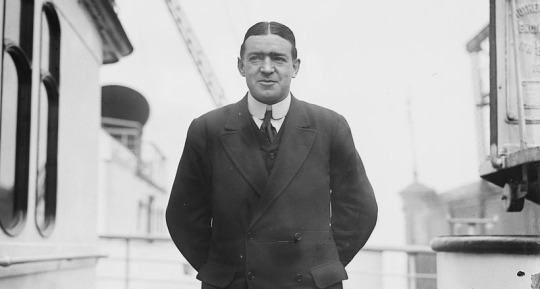
Shackleton! Shackleton was a winner! Shackleton told us what we knew to be true and wanted to hear at epic volume: that if you want something badly enough, and try really hard, you will succeed! (Especially if you can control the narrative.) Scott, on the other hand, tells us that if you want something badly enough, and try really hard . . . you may nevertheless die horribly in the snow. Nobody wants to hear that! What a downer! I think it’s no coincidence that Shackleton exploded into popular culture in the late 90s and has dominated it ever since: he is the mythic hero of the zeitgeist. I am always being asked if I’ll be doing Shackleton next. He has six graphic novels already! That is plenty! But people still want to tell and be told his story, because it’s a heroic myth that validates our worldview.
That’s why I am so determined to tell the Scott story, because Scott is who we don’t realise we need right now – and Wilson, and Bowers, and Cherry, and Atch, and all the rest. The Terra Nova Expedition is the Millennials’ polar expedition. We’ve worked really hard, we’ve done everything we were supposed to, we made what appeared to be the right decisions at the time, and we’re still losing. Nothing in the mythology we���ve been fed has prepared us for this. No amount of positive attitude is going to change it. We have all the aphorisms in the world, but what we need is an example of how to behave when the chips are down, when the Boss is not sailing into the tempest to rescue us, when the Yelcho is not on the horizon. When circumstances are beyond your power to change, how do you make the best of your bad situation? What does that look like? Even if you can’t fix anything, how do you make it better for the people around you – or at the very least, not worse? Scott tells us: you can be patient, supportive, and humble; see who needs help and offer it; be realistic but don’t give in to despair; and if you’re up against a wall with no hope of rescue, go out in a blaze of kindness. We learn by imitation: it’s easy to say these things, but to see them in action, in much harder circumstances than we will ever face, is a far greater help. And to see them exemplified by real, flawed, complicated people like us is better still; they are not fairy-tale ideals, they are achievable. Real people achieved them.
My upbringing in the 80s milieu of selfishness, which set me up to receive the Scott story so gratefully, is hardly unique. There are millions of us who are hungry for a counter-narrative. My generation is desperate for demonstrations of caring, whether it’s activism or social justice or government policies that don’t abandon the vulnerable. We’ve seen selfishness poison the world, and we want an alternative. The time for competition is past; we must cooperate or perish, but we don’t know how to do it because our mythology is founded on competition. The Scott story, if told properly, explodes the Just World Fallacy, and liberates us from the lie that has ruled our lives: that you make your own luck. What happens, happens: what matters is how you respond to it. My obsession with accuracy is in part to honour the men, and in part because Cherry was the ultimate stickler and he’d give me a hard time if I didn’t, but also because, if I’m telling the story to a new generation, I’m damn well going to make sure we get that much RIGHT. It’s been really interesting to see, online, how my generation and the next have glommed onto polar exploration narratives, not as thrilling feats of derring-do, but as emotional explorations of found family and cooperative resilience. We love them because they love each other, and loving each other helps get them through, and we want – we need – to see how that’s done. It’s time to give them the Terra Nova story, and to tell it fully, fairly, and honestly, in all its complexity, because that is how their example is most useful to us. Not as gods, and not as fools, but as real human beings who were excellent to each other in the face of disaster. I only hope that I, a latecomer to their ways, can do them justice.
#scott expedition#terra nova expedition#the worst journey in the world#captain scott#polar party#robert falcon scott#birdie bowers#edward adrian wilson#bill wilson#character#millennials#polar exploration#heroic age#adventure#sociology#neoliberalism
207 notes
·
View notes
Text
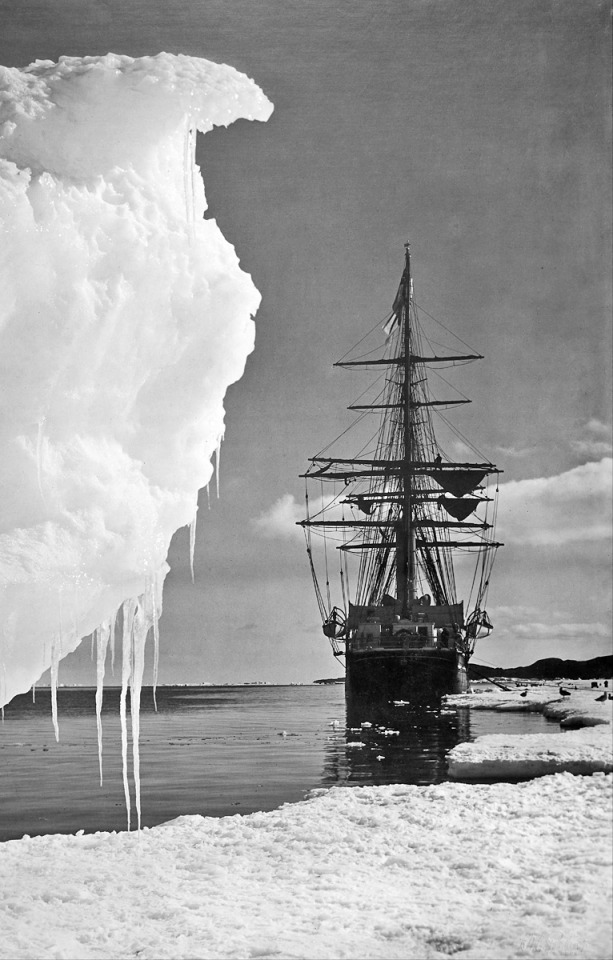
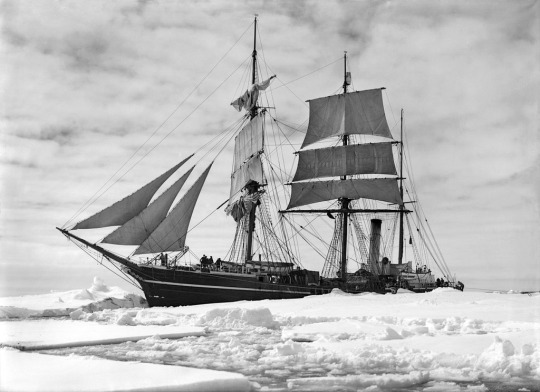
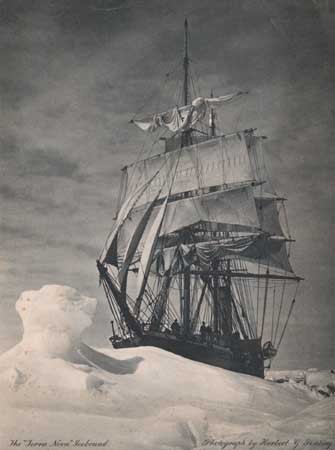
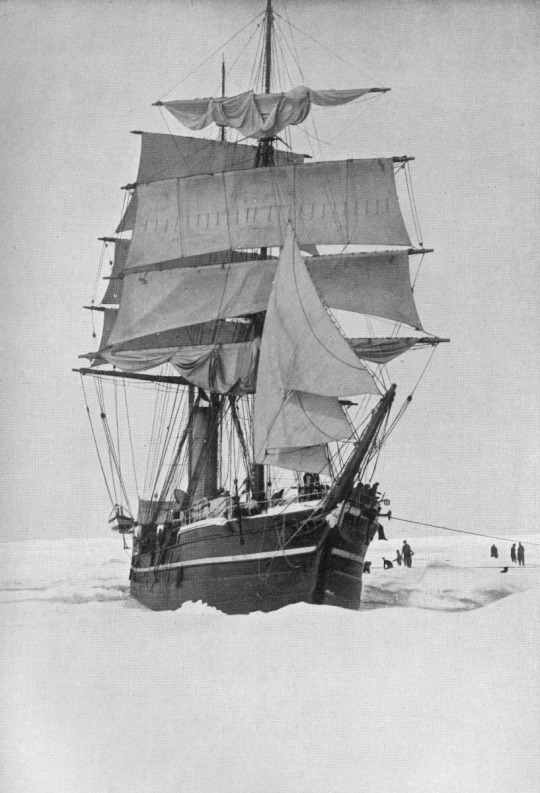
'The "Terra Nova" icebound. Photograph by Herbert G Ponting -shows the ship of the British Antarctic Expedition of 1910-1913 stranded in Antarctic ice
972 notes
·
View notes
Text
no surprises || terra nova expedition
112nd anniversary of finding the tent
series: the last place on earth (1985)
song: no surprises - radiohead
#terra nova expedition#robert falcon scott#polar expedition#polar explorers#edward wilson#polar tag#polar exploration#birdie bowers#lawrence oates#martin shaw#stephen moore#sylvester mccoy#tlpoe#edit
41 notes
·
View notes
Text

all of us
#the terror#the terror amc#franklin expedition#polar expedition#polar explorers#race to the south pole#robert falcon scott#roald amundsen#and other cold boys
2K notes
·
View notes
Text
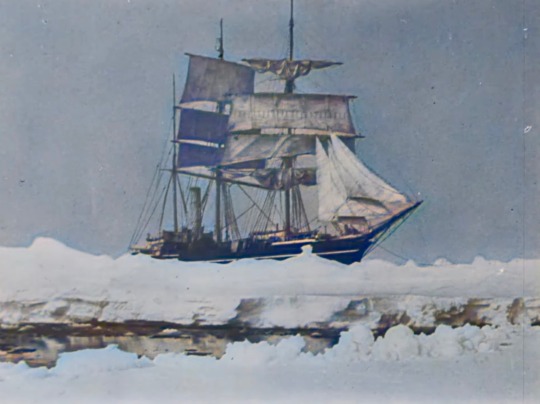
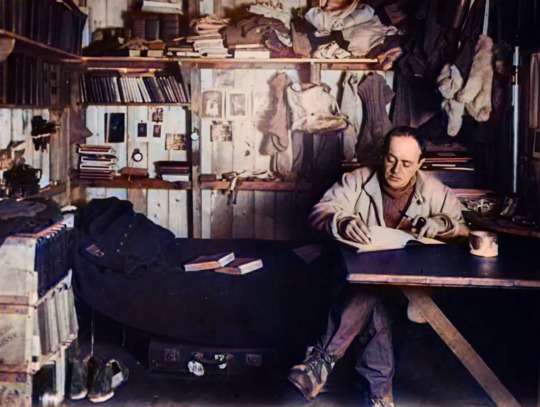

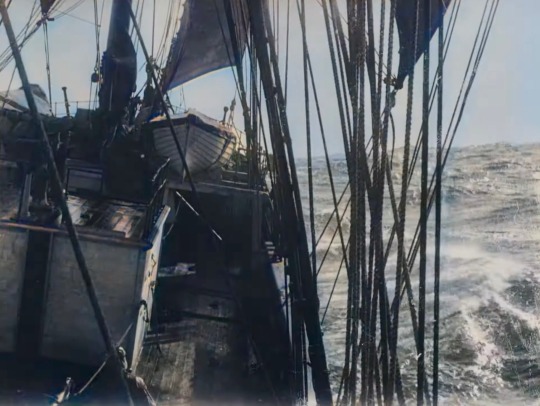


The Great White Silence (1924, dir. Herbert G. Ponting, British)
#the great white silence#robert falcon scott#polar exploration#my screencaps#documentary film#1920s films#unlike South 1919 I read accounts of the expedition before watching this#(specifically cherry-garrard’s Worst Journey in the World)#and the film did not capture the narrative’s feeling for me#obviously you can’t compress 600 pages into a single film#but the goofy 20s intertitles in the first half of this felt so morbid knowing what would happen to scott#polar
478 notes
·
View notes
Text

"Every time I see that picture of Scott at his desk, receding hairline shining into the camera, I have a strong desire to slap his forehead repeatedly "
37 notes
·
View notes
Text
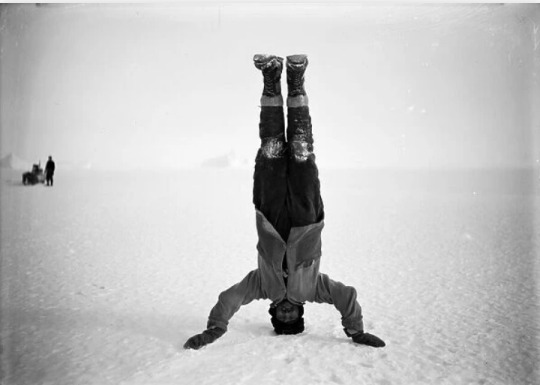
Terra Nova expedition photographer Herbert Ponting standing on his head on the ice, c. 1911/1912
#terra nova expedition#herbert ponting#polar exploration#polar explorers#robert falcon scott#scott expedition#antarctica#antarctic exploration#south pole#back and white photography#boat media
336 notes
·
View notes